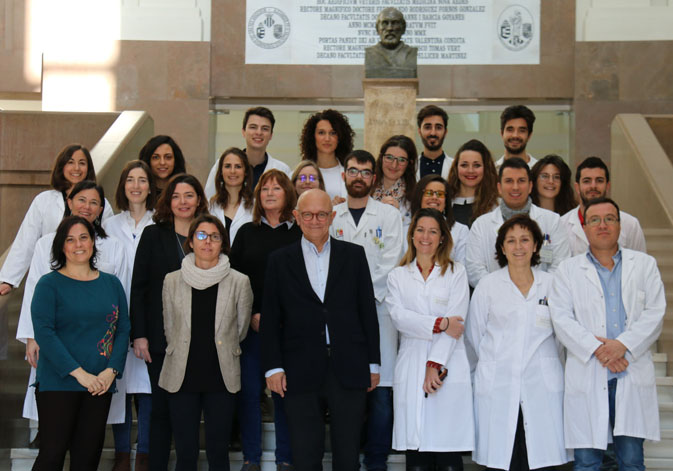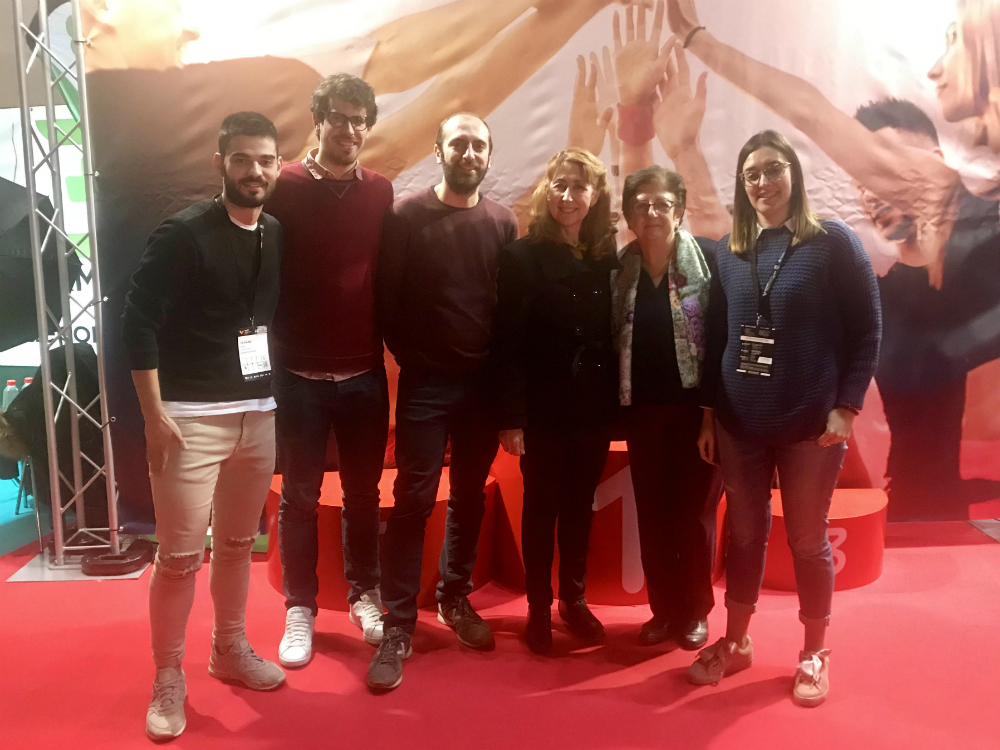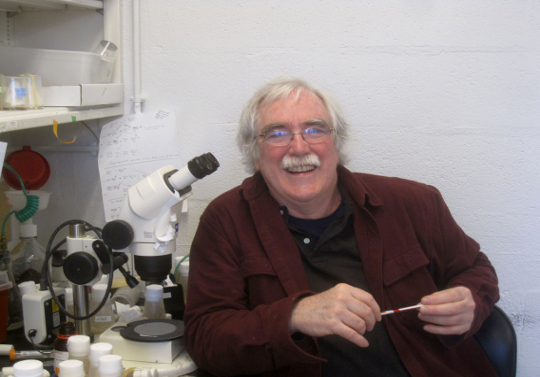
Continuing your studies by doing a Master’s Degree is the option that more and more students choose. We explain what you should look for in a Master’s Degree in Physiology
1 december 2015
Continuing your studies with a master’s degree in physiology is an excellent option to wide your knowledge in a particular area, where we will receive theoretical and practical notions and we can focus on the sections in which we are more interested in. We will also have the opportunity of carrying out work placements in firms, which can open us the doors to the labour market.
Physiology is the science that studies the functions of the multicellular organisms. It is one of the most old sciences in the world and it has developed a breathtaking progress during the last two centuries. The students interested in continuing their studies in this area should consider a series of aspects that we explain below.
- We must make sure that that master’s degree is recognised by a university and that has a regulated and updated curriculum. We also must pay attention to the years that the master’s degree is being taught, in case its subjects have changed, and its facilities or teaching staff have been updated.
- This curriculum must have practical and theoretical subjects and work placements. Some examples of these subjects would be the study of rare diseases, data processing methods, special investigation techniques and physiological, pathophysiological and therapeutic aspects. These studies are focused on the specialisation of the people who take them, to whom the doors of the scientific research is open thanks to these specific knowledge.
- Knowing who teaches the lessons and what entities collaborate in the curriculum. If the master’s degree has renowned professors in the field of these studies they can result much more beneficial and can open the doors to the labour market, either due to the knowledges obtained or due to the work placements.
- Considering the facilities of the master’s degree. The workplace and the place to do research is very important when choosing to study a determined master’s degree, since having modern and cutting edge facilities from the technological point of view may be a complement for our future.
- Tutorial assistance: it is vital that your doubts are listened to and that you have the support by the professors during the year that you carry out the master’s degree. Having access to a good tutorial assistance can be of great help and, without doubt, it will make your studies much easier.
- Collaboration between the curriculum and related Conferences. That within the subjects it is promoted the participation in specialised Conferences is a great form of specialising and meeting the most practical aspects of the topic. For example, in the Master’s Degree in Physiology, the attendance to Conferences on Physiology (heart’s physiology, pathophysiology, human physiology, etc.) must be promoted so that the students complete their knowledge.
- Possibility of continuing with Doctoral Studies. If the curriculum of the master’s degree is aimed to continue with the academic research, you can continue your training through a PhD in Physiology, a way that you should not reject to be able of reaching the highest level of the profession.
These seven rules are essential when opting for a master’s degree or another. Thoroughly knowing these aspects you can choose the most adequate training, since one master’s degree can be very different when being taught in different universities. The master’s degree must be the period for specialisation and getting to know the basic aspects before joining it and knowing the options for the future that it will provide are determinant when it comes to take the step of continuing with your studies.
The University Master’s Degree in Physiology of the Universitat de València has all these aspects. You can find more information here.











